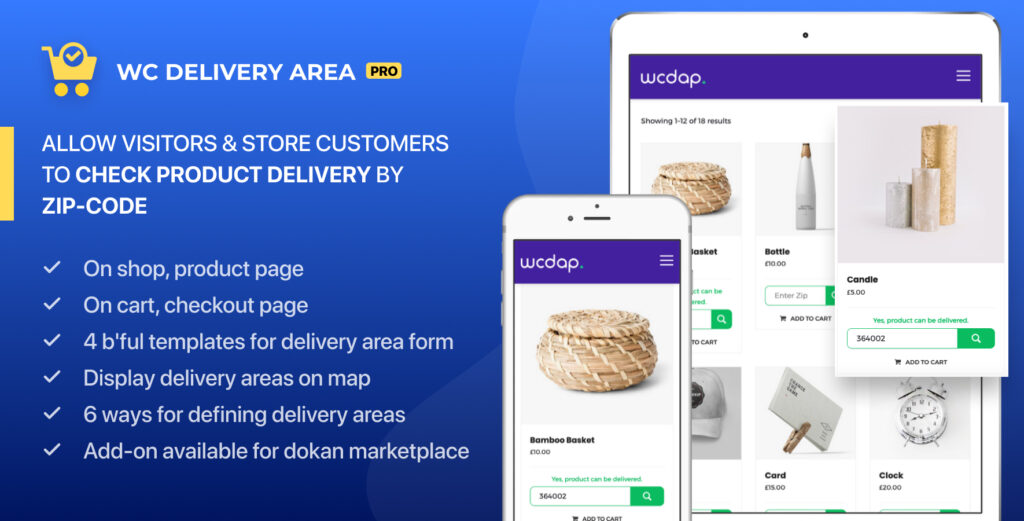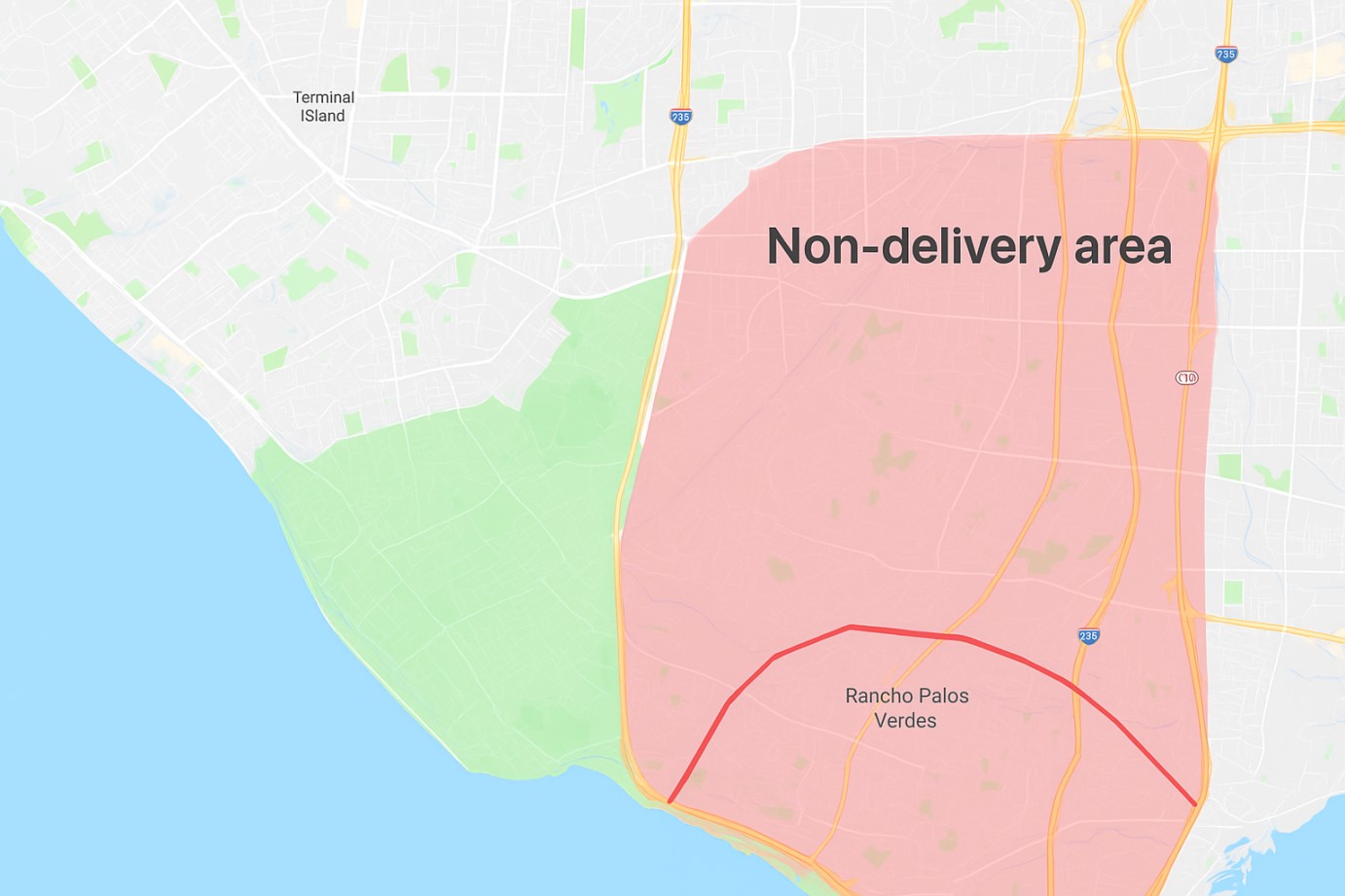This website uses cookies so that we can provide you with the best user experience possible. Cookie information is stored in your browser and performs functions such as recognising you when you return to our website and helping our team to understand which sections of the website you find most interesting and useful.

Dreaming of transforming your online store into a bustling bazaar brimming with independent sellers and endless product possibilities?
Look no further than WooCommerce multi vendor plugins!
This comprehensive guide unveils the top 10 WooCommerce multi vendor plugins, dissecting their features, pros and cons, and Google ratings to help you find the perfect match for your marketplace dream$.
Top 10 WooCommerce Multi Vendor Plugins for WordPress
1. Dokan Multivendor Marketplace: (4.8 stars)
Dokan shines with its user-friendly interface, making vendor onboarding a breeze. Vendors enjoy comprehensive WooCommerce multi vendor product management tools, coupon creation, and insightful review systems.
Pros: User-friendly interface, comprehensive product management tools, free version with essential features.
Cons: Limited customization options for vendor storefronts.
2. WCFM Marketplace: (4.9 stars)

WCFM boasts a robust feature set, empowering you with detailed vendor analytics, seamless integration with popular WooCommerce extensions, and a powerful admin interface. It’s free version is limited but features all the core WooCommerce marketplace plugin functionalities to kickstart your venture.
Pros: Robust feature set, detailed vendor analytics, seamless integration with WooCommerce extensions.
Cons: Complex interface, free version with limited capabilities.
3. MultiVendorX: (4.7 stars)

A rising star in the WooCommerce multivendor arena, MultiVendorX charms with its clean, beginner-friendly interface. The free version is also surprisingly generous, making it a budget-friendly choice.
Pros: Beginner-friendly interface, flexible commission structures, feature-rich free version.
Cons: Relatively new plugin, smaller community, and fewer reviews.
4. WC Vendors Marketplace: (4.6 stars)

A veteran in the field, WC Vendors is known for its stability and ease of use. The straightforward interface makes vendor setup a walk in the park, while core functionalities like WooCommerce multivendor product management and basic commission settings ensure smooth operation.
Pros: Stable and easy to use, straightforward setup, core functionalities in the free version.
Cons: Feels less feature-rich compared to newer plugins, limited free version.
5. YITH WooCommerce Multi Vendor: (4.5 stars)

YITH brings Italian finesse to the table, with a stylish interface that elevates your WooCommerce marketplace appeal. Vendors can customize their storefronts and leverage marketing tools to attract customers.
Pros: Stylish interface, vendor storefront customization, marketing tools.
Cons: Limited free version, paid add-ons can be pricey.
6. Product Vendors: (4.4 stars)

WooCommerce Product Vendors is a dream come true for those who prioritize streamlined product management. Bulk editing tools and vendor product variations empower sellers to manage their inventories efficiently. It integrates seamlessly with other WooCommerce plugins, boosting your WordPress marketplace plugin ecosystem.
Pros: Streamlined product management, bulk editing tools, seamless WooCommerce integration.
Cons: Less user-friendly interface, limited vendor store customization.
7. VendorPro: (4.3 stars)

VendorPro champions vendor success, offering powerful marketing tools like vendor coupons and loyalty programs to drive sales. The clean interface and comprehensive documentation make it easy for vendors, but a limited free version and pricey paid plans can make it expensive for smaller WooCommerce marketplaces.
Pros: Powerful marketing tools for vendors, clean interface, comprehensive documentation.
Cons: Limited free version, paid plans can be expensive for smaller marketplaces.
8. Webkul WooCommerce Multi Vendor Marketplace Plugin: (4.2 stars)

Webkul offers a feature-packed powerhouse, including vendor reviews, mobile app integration, advanced reporting tools, and flexible commission structures. The free version is also surprisingly generous. However, the interface can feel complex for absolute beginners, and some advanced features require paid add-ons.
Pros: Feature-packed, includes vendor reviews, mobile app integration, and has advanced reporting tools.
Cons: Complex interface, free version lacks advanced features.
9. bAZAAR: (4.1 stars)

bAZAAR stands out for its modern, customizable interface, allowing vendors to express their brand identity through unique store themes. Social media integration lets vendors tap into their existing networks, fostering deeper customer engagement.
Pros: Modern, customizable interface, social media integration.
Cons: Newer plugin, smaller community and fewer reviews.
10. Mercado Pro: (4.0 stars)

Mercado Pro caters to large-scale marketplaces, offering features like vendor memberships, subscription products, multi-language support, and a customizable vendor dashboard. It’s a premium wordpress plugin with a comprehensive feature set, making it suitable for serious marketplace endeavors.
Pros: Caters to large-scale marketplaces, vendor memberships, subscription products, and multi-language support.
Cons: The most expensive option and likely not ideal for smaller or budget-conscious businesses.
How to choose a WooCommerce Multi Vendor Plugin For WordPress?
When choosing a WooCommerce multi vendor plugin for WordPress, you should look for the following main features:
- Vendor Management: The plugin should allow you to easily manage your vendors, products, orders, and commissions.
- Frontend Dashboard: The plugin should provide a frontend dashboard for your vendors to manage their products, orders, and commissions.
- Commission Management: The plugin should allow you to set flexible commission rates for your vendors.
- Shipping Management: The plugin should allow you to manage your vendors’ shipping rates and methods.
- Payment Gateway Integration: The plugin should be compatible with popular payment gateways like PayPal, Stripe, and Authorize.net.
Conclusion
The perfect plugin for your marketplace depends on your specific needs, budget, and technical expertise. Carefully evaluate each option’s features, pricing plans, and user reviews to make an informed decision. Don’t hesitate to explore free trials or demos to get a hands-on feel for the plugins that catch your eye.
If you are looking to up the ante and make your virtual marketplace stand out, then you may want to look into some additional plugins like WooCommerce Delivery Area Pro, which will allow visitors and store customers on your website to verify product delivery location before actually placing the order. It also enables you to create product delivery rules from the backend within minutes as per requirements.
Check out our blogs to learn more about creating the best patron experience on your WordPress website. Happy marketplace building!
FAQs
- Which is better WCFM or Dokan?
Both WCFM and Dokan are great WordPress marketplace plugins. However, WCFM is a free plugin, while Dokan is a premium plugin. If you are on a tight budget, WCFM is a great choice. However, if you want more advanced features and support, Dokan is a better choice.
- Is WordPress good for multi vendor marketplace?
Yes, WordPress is a great platform for creating a WooCommerce multivendor marketplace. With the help of a multi-vendor plugin, you can easily turn your WooCommerce store into a multi-vendor marketplace.
- What is the alternative to WCFM?
If you are looking for an alternative to WCFM, you can check out Dokan, WC Vendors, WC Marketplace, or YITH Multivendor. All of these plugins are great alternatives to WCFM and offer similar features.

WooCommerce Delivery Area Pro
Explore the latest in WordPress
Trying to stay on top of it all? Get the best tools, resources and inspiration sent to your inbox every Wednesday.



